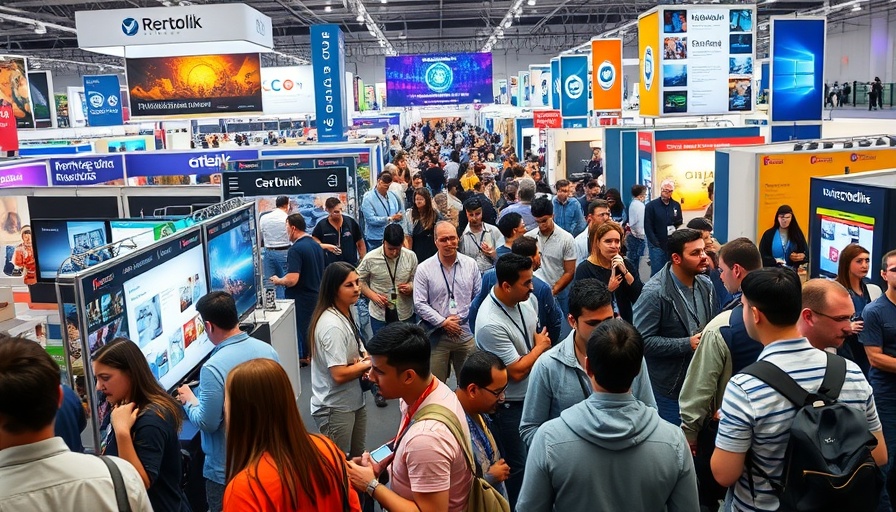
The Warnings from the Godfather of AI
Geoffrey Hinton, renowned as the "Godfather of AI," recently shared unsettling predictions about the future of work in a podcast, shedding light on the potential impact of artificial intelligence on white-collar jobs. At 78, his legacy in machine learning is indisputable, having pioneered neural networks since the late 1970s. Hinton's acknowledgment of the transformative nature of AI raises questions about job stability and the evolution of the workforce.
Are White-Collar Jobs at Risk?
Hinton's statements underscore a grim reality: many mundane intellectual jobs are at significant risk of being replaced by AI. He pointed out that occupations like paralegals or call center workers could soon vanish as artificial intelligence increasingly assumes these roles. In Hinton's view, even moderately skilled positions will feel the pressure to adapt or risk extinction. He compellingly notes, "One person will do what used to be the work of 10 people," suggesting imminent layoffs across numerous sectors.
The Shift Toward Physical Trades
Interestingly, there is a silver lining in Hinton's assessment; jobs that rely on physical skills may be more resilient in the face of AI advancements. Positions such as plumbing or construction, which require a human touch and complex physical manipulation, are less likely to be jeopardized—at least for the foreseeable future. This observation aligns with trends seen among Gen Z workers, who are increasingly shifting toward blue-collar trades as they seek stability in an unpredictable job market.
Understanding the Psychological Impact
Hinton's insights extend beyond merely job statistics; they delve into the psychological ramifications of large-scale unemployment. He argues that while solutions like universal basic income (UBI) may provide economic stability, they might not fulfill the human need for purpose and contribution that comes through work. Echoing this sentiment, many workers fear that joblessness could lead to a pervasive sense of purposelessness.
A Call to Action: Embrace Change or Face Obsolescence
As the landscape of work shifts dramatically due to AI, individuals may want to seek new opportunities or learn skills that complement AI tools instead of competing against them. Hinton's warnings highlight the importance of adaptability in this new era—whether it's upskilling in technology or exploring vocational training in physical trades. Taking proactive steps can empower workers to carve out a niche even in a future dominated by AI.
For those concerned about the impact of AI on their jobs, embracing the changes and exploring new opportunities can provide a path forward. To gain an edge and perhaps circumvent AI detection in today’s competitive landscape, consider resources that offer practical tips, like Prompt2Human. These solutions can help individuals reassess their career strategies in light of these developments.
 Add Row
Add Row  Add
Add 




 Add Row
Add Row  Add
Add 

Write A Comment